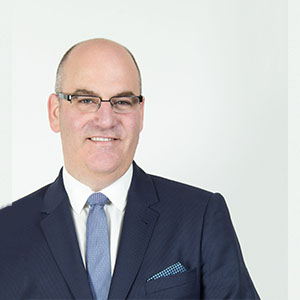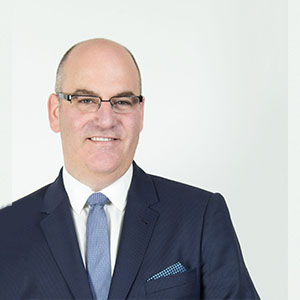
Make a Will Month – What gifts can I give?
November is Make a Will month in Canada – and this is my sixth and final blog post here for the Alzheimer Society. I would like to thank them so much for this incredible opportunity. The work being done by the Alzheimer Society is incredible and so needed. Hopefully one day there will be a cure for this horrible disease. Now on to my post.
The law in Ontario is pretty wide open with regards to giving gifts of property in a Will. You have almost complete discretion. The vast majority of my married clients leave all of their property to their spouse with a gift over to their children with a further gift over to their grandchildren. They often will pick out specific gifts to give to specific people. This is not a required way to do things, it is just the most common.
In addition, my clients will often choose to give charitable gifts to registered charitable organizations like the Alzheimer Society, in order to take advantage of very favourable tax breaks the Canadian government provides.
When you speak to a lawyer or the planned giving departments of charitable organizations like the Alzheimer Society they can talk you through the various ways and the many benefits of including charitable giving in your Will.
When you have decided who is going to get what property, there are certain things you should keep in mind.
First, you are required to provide for your dependents. If you do not, the dependant has the right to bring a court action to essentially rewrite the Will. The court will look at the overall regime set up in the estate, and will only uphold a Will if it is of the opinion that it has sufficiently provided for the dependents.
Second, if a spouse is not satisfied with a Will, he or she can decide to ask for an equalization of property instead of taking under your Will. This will likely thwart any plan to leave a spouse out of your inheritance. It is therefore important to ensure that your spouse is reasonably provided for in your Will.
Third, there are ways to minimize your taxes, by structuring certain trusts, and appointing on your Life Insurance Policies and Designating Beneficiaries under certain registered plans like RRSPs and RRIFs.
Fourth – if your beneficiary might qualify for Disability Benefits under the Ontario Disability Support Program, there are certain trust options that are available, that can allow the beneficiary to continue receiving government assistance after receiving an inheritance. Often people give gifts to disabled beneficiaries without taking into account the impact it will have on their government benefits.
Certain religions have specific requirements for gifts given in a Will. In most cases, those requirements can be met as long as dependents are looked after and the spouse does not elect equalization. Some religions have specific workarounds that are accepted by the religious authorities. Those items I defer to the religious leaders, but it is important for you to ask the question if that is important to you.
Other than that, there is pretty wide freedom for you to decide who gets what after your death. This freedom only exists if you take the time to make a Will. The alternative is for a government formula to decide who gets your property. It might work out the way you wish. It might not.
You do not need a lawyer to make your Will. There are online forms that you can fill out. That said, a lawyer can help guide you through the process in simple and easy to understand way. A lawyer can make suggestions as to the most tax effective way to structure things. A lawyer will keep up with changes in the law as they occur to assist in making sure that your documents are up to date. A lawyer will make sure that you have not forgotten important things.
The process is NOT as expensive or time consuming as you may be imagining. The time and money invested in these documents such as your Will and Powers of Attorney is well spent; clients gain clarity and peace of mind.
Please feel free to contact me if you have any questions about making your Will and Powers of Attorney. Finally, I would like to thank Sadie Etemad for her assistance in putting together these blog posts.
Written by:
Stephen Offenheim,
The Law Office of Stephen Offenheim
http://www.planyourwill.ca
(416) 863-1300
steve@planyourwill.ca
